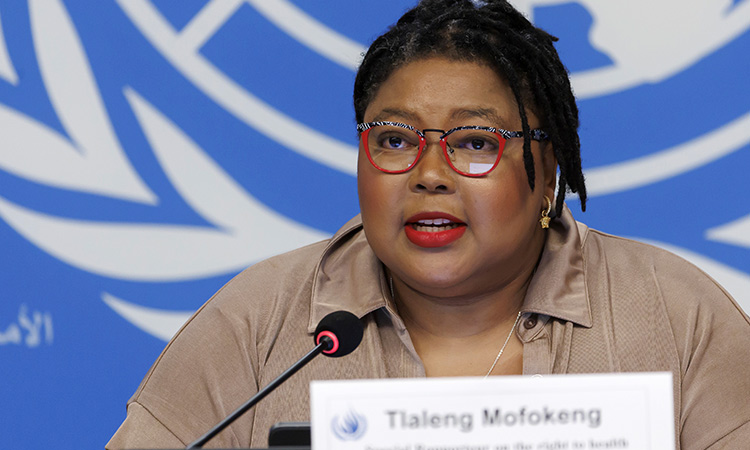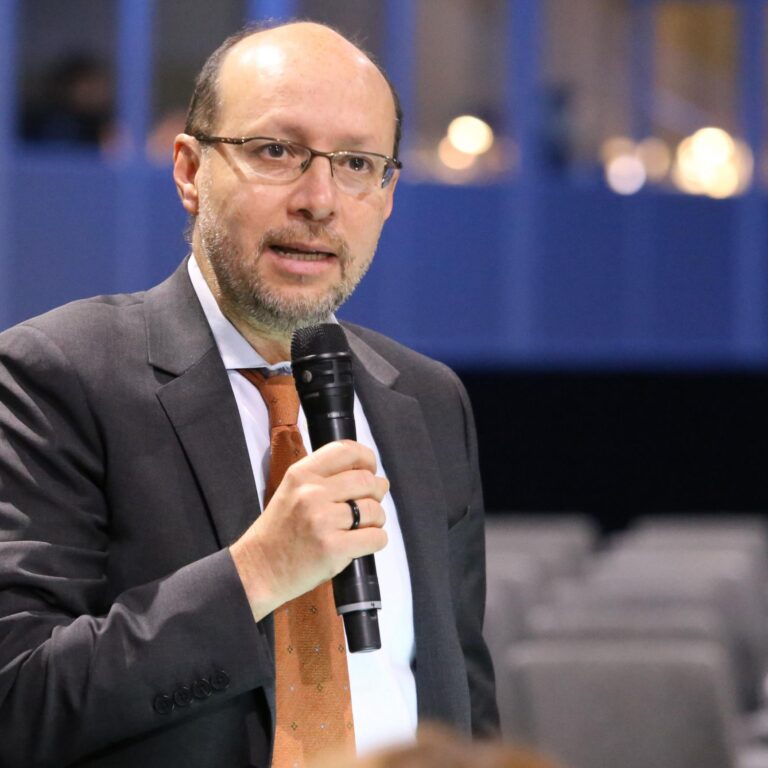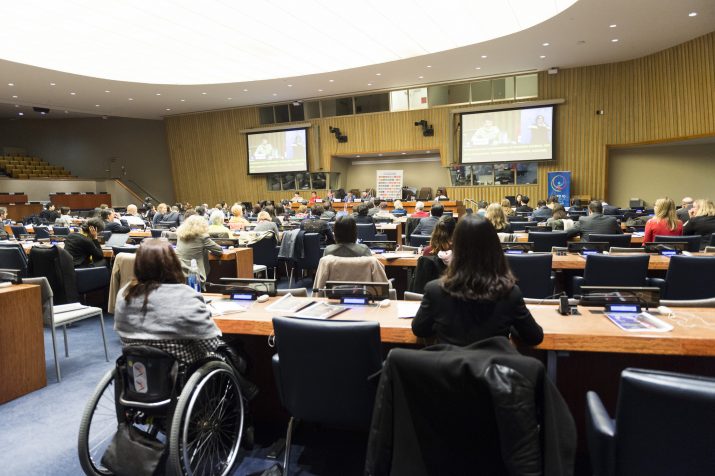The published Report of the Office of the UN High Commissioner for Human Rights “Human Rights inthe Administration of Justice in Conflict-Related Criminal Cases in Ukraine April 2014 – April 2020”highlighted the mass violations of Crimeans` rights to the fair trial. In particular, the UN requiresRussia to comply with the criminal law of Ukraine, which was in force before the occupation, and notto apply in Crimea Russian criminal laws, to stop usage the military courts to prosecute civilians,including in political cases.
The Report also cites typical and previously unknown examples of the arbitrariness of the occupiers’“justice”. Report mentions the incident when local “barristers”, controlled by the occupiers, ignored thebeating of Ukrainian naval men, detained on November 25, 2018, by the FSB officer, and more,attempts of those “barristers” to persuade the detained Ukrainian naval men to cooperate fully withthe FSB and admit their “guilt” (§ 160 of the Report).
In another political case of so called “saboteurs”, the UN points to the behaviour of FSB-controlled“barristers” in the Soviet KGB traditions, when the “defender” directly acts against the interests of thevictim, objects the prisoner’s requests and together with the “prosecutor” demands maximumharassment to the detained Ukrainian citizen (§ 161 of the Report).
At the same time, the UN highlights in Report the cases of decent behaviour of Ukrainian lawyers inthe Crimea under pressure from the occupiers. Thus, in a political case, the defendant in the“Supreme Court of Crimea” determined the Russian Federation as the occupying power and referredto the provisions of the IV Geneva Convention. After this the “prosecutor” subsequently demandedthat the lawyer be deprived of his certificate for “violation of oath” (§ 164). Therefore, the UNconcludes in Report that the Russian “criminal justice” in Crimea violates both the internationalhumanitarian law and the international human rights law.







